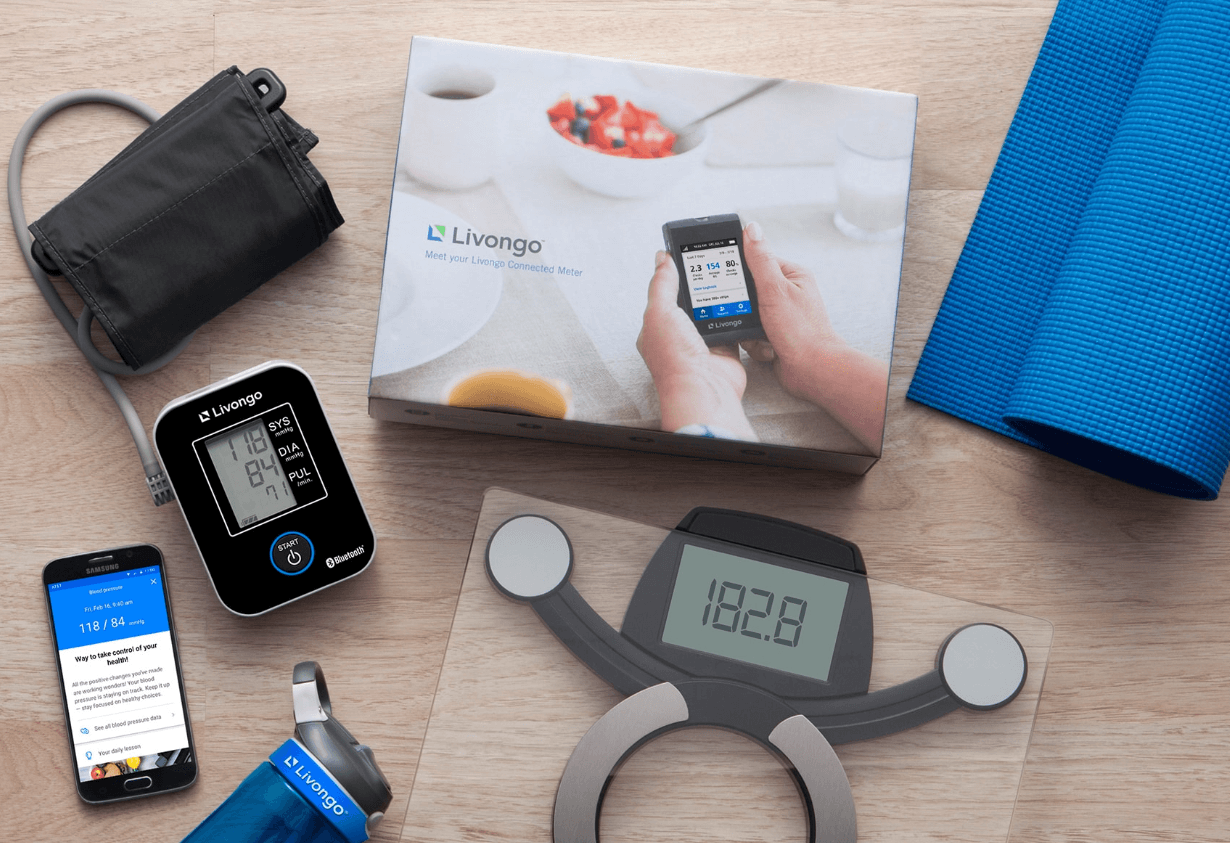
Livongo, an Applied Health Signals company empowering people with chronic conditions to live better and healthier lives, today announced the findings of a study conducted in collaboration with Eli Lilly and Company that demonstrated 94 percent of Livongo program Members who participated in a program survey achieved improved Diabetes Empowerment Scale-Short Form (DES-SF) or Diabetes Distress Scale 2 (DDS2) in year one. The research findings were presented on June 8, 2019, at the American Diabetes Association’s 79th Scientific Sessions held in San Francisco, California.
Impact of People Living with Diabetes
According to the Centers for Disease Control (CDC), more than 30 million Americans live with diabetes and the condition costs the US Healthcare system and employers $237 billion every year. In addition, nearly 75 percent of people living with diabetes also have hypertension. According to the American Association of Diabetes Educators (AADE), diabetes distress can lead to tension, fatigue, a sense of being overwhelmed, and an experience called “burnout.” Burnout can cause people with diabetes to quit or to not pay close attention to diabetes management. If diabetes goes unmanaged, it can lead to a high HbA1c, not feeling well, and potentially developing complications.
Study Background
The Livongo for Diabetes program is a whole person platform focused on empowering members with education and tools to self-manage their diabetes through mobile technology. The program offers members a cellular-enabled, two-way messaging device that measures blood glucose and delivers personalized insights, free unlimited supplies, and access to Certified Diabetes Educators for instant support and goal setting.
The study included 957 participants who chose to enroll in the Livongo for Diabetes program and subsequently chose to complete the DES-SF and DDS2. In addition, participants with comorbidity, participants with type 2 diabetes who use insulin once per day, or participants living with diabetes for more than two years were more likely to have an improvement in DES-SF than other participants.
Study Results/Outcomes
The 957 study participants had an average age of 55 years and 50 percent were women. At study entry, all participants lived with diabetes and 51 percent lived with hypertension. After 12 months using the Livongo program, 61 percent of study participants had an improvement in both DDS2 and DES-SF and 94 percent had improved scores in at least one instrument.
Understanding DES-SF or DDS2 Scale Measures
The DES-SF is a validated measure of the psychosocial self-efficacy of people with diabetes and uses questions assessing the need for change, developing a plan, overcoming barriers, asking for support, supporting oneself, coping with emotion, motivating oneself, and making diabetes care choices. The DDS2, another validated tool, takes into account how people with diabetes are feeling overwhelmed by the demands of living with diabetes and how people feel about failing with diabetes routine.
Why It Matters
“This study is exciting because it shows that our program is truly fulfilling our mission of empowering our Members to better manage their conditions on their own terms,” said Dr. Bimal Shah, M.D., Chief Medical Officer of Livongo, Assistant Professor at Duke University School of Medicine, and senior author of the study. “On top of the fact that our Members who chose to complete the DES-SF or DDS2 are more confident after using Livongo, people with diabetes who were on medication or had comorbid conditions saw further improvements in their empowerment scores. This suggests that people with complex treatment regimens using Livongo have a great opportunity to learn more about their diabetes management.”
